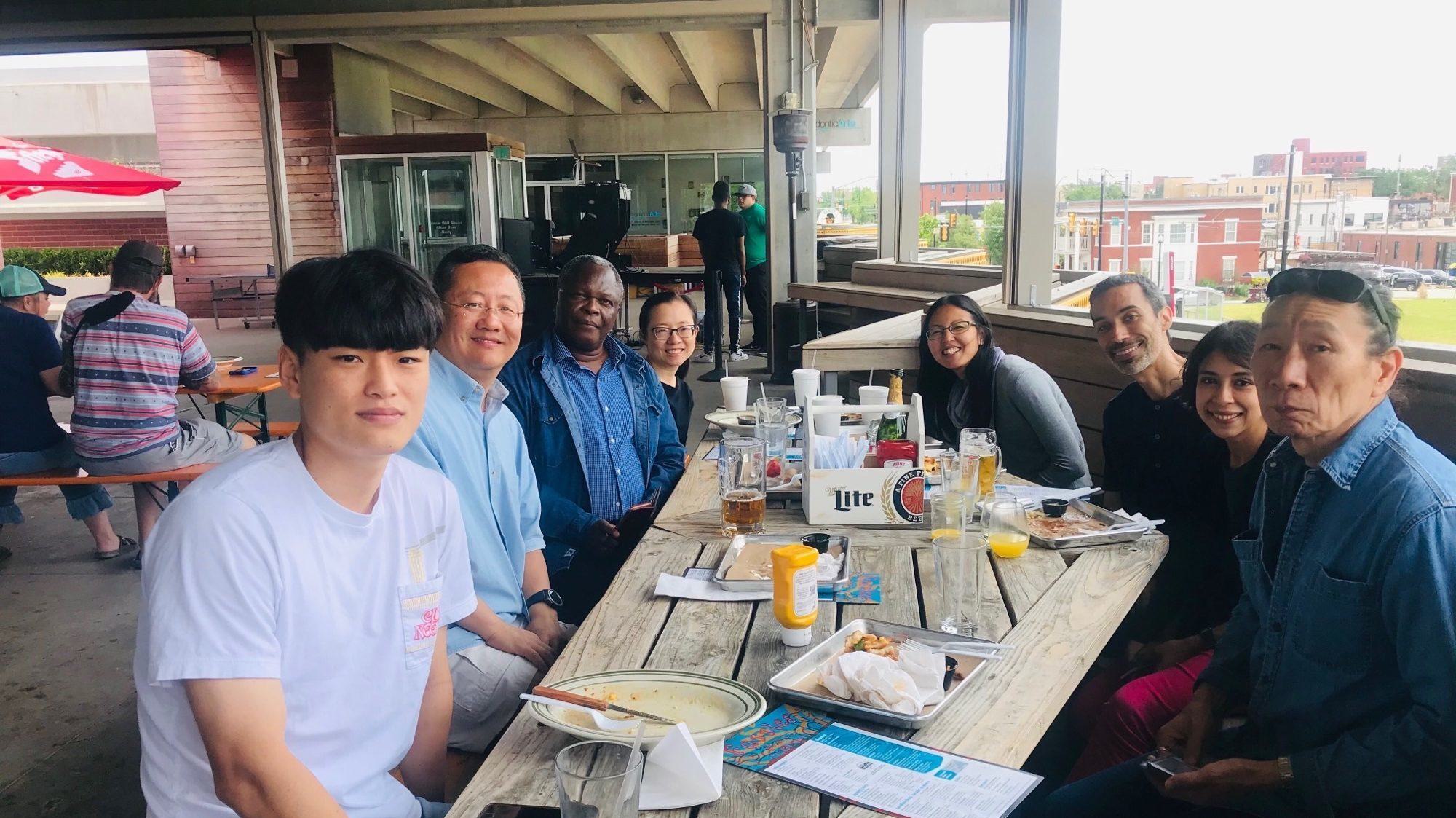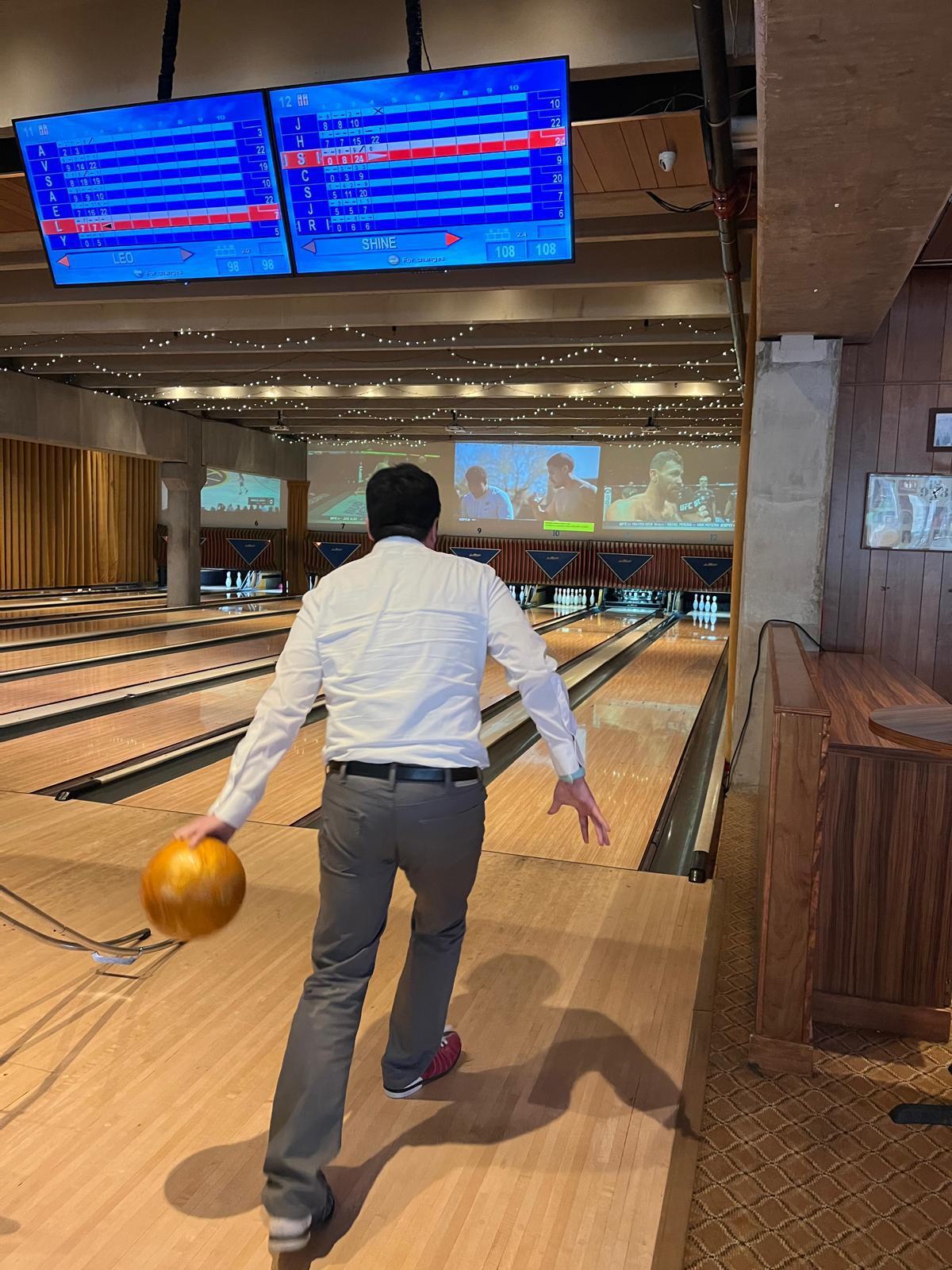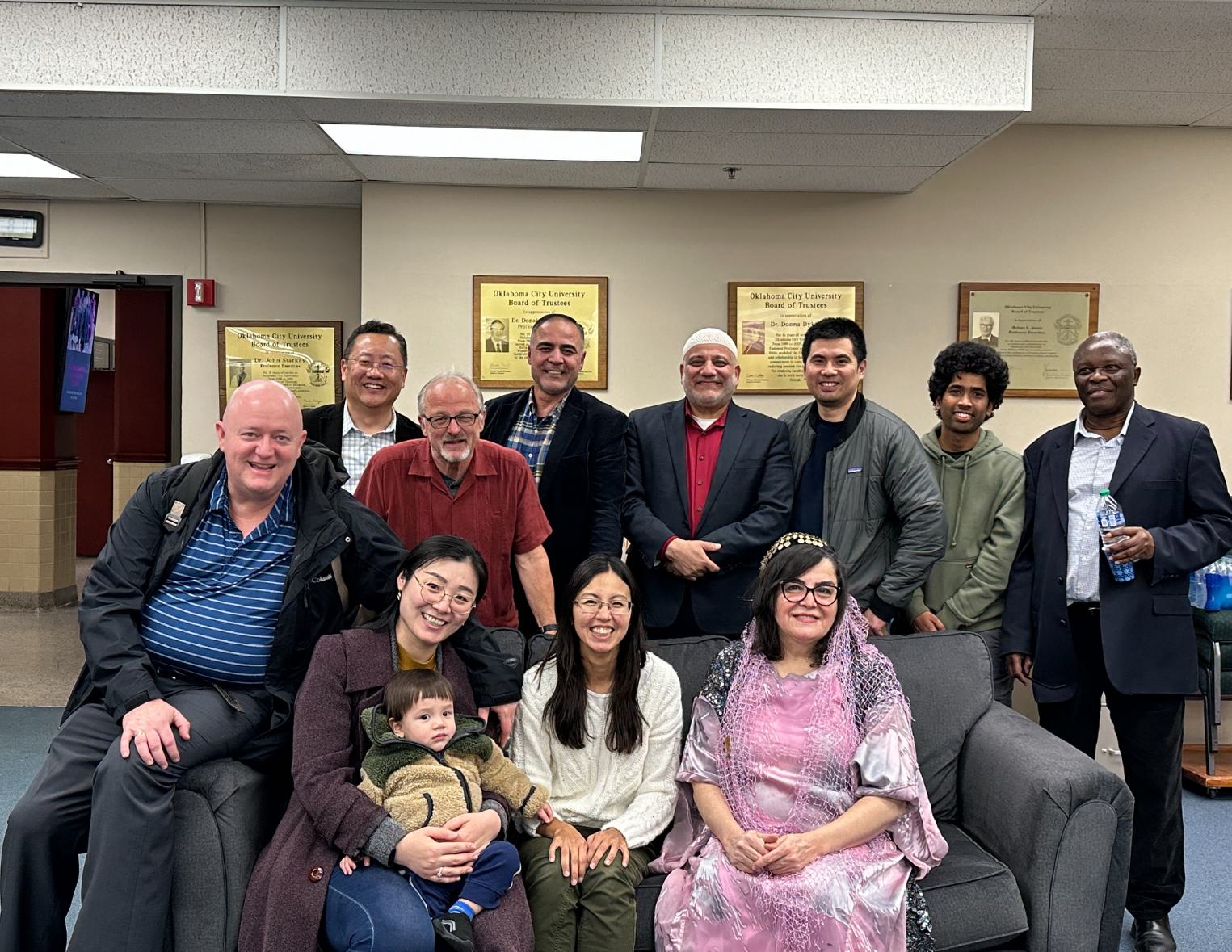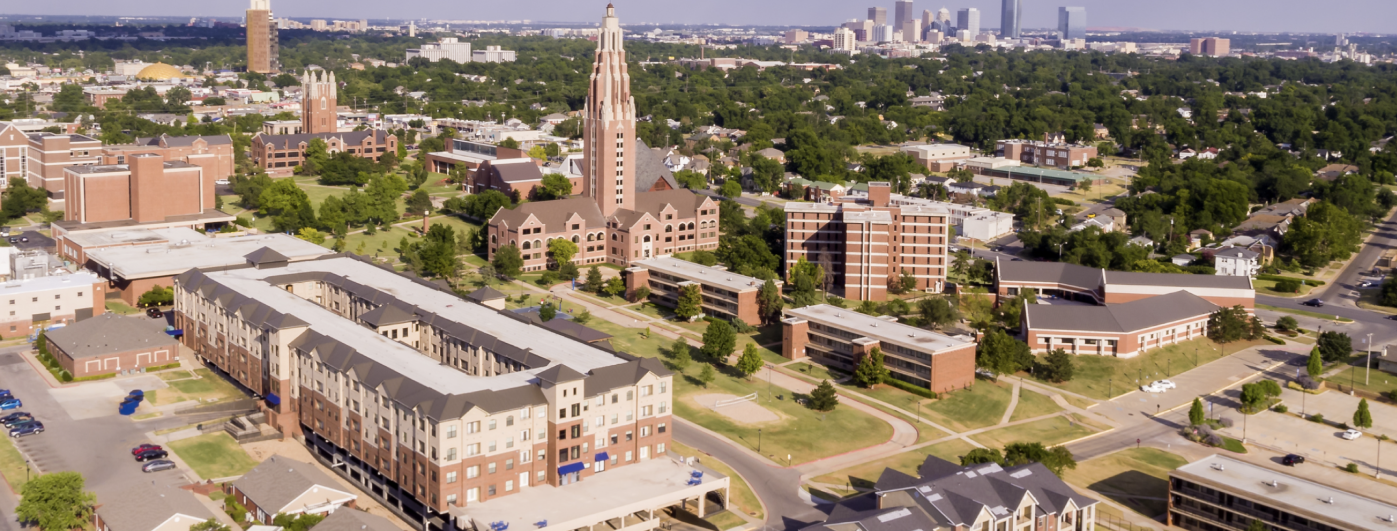Who we are
International Faculty and Staff Association (IFSA) is a social support and advocacy group for international faculty and staff at ļž–”÷Ī≤•app City University. The group meets monthly (in-person and virtually) for discussions on topic relevant to international faculty and staff. The group has been meeting regularly since January 2021, and is organized by Dr. Sabina Amanbayeva, a native of Kazakhstan and a faculty member in the Department of English and Modern Languages. You can find the list of past events and topics by clicking ‚ÄúEvents.‚ÄĚ

If you are an international faculty or staff member at ļž–”÷Ī≤•app, please join our email group! You can do so by emailing Dr. Amanbayeva ([email protected]), and you will be included in one-a-month email invitations for the group meetings.
If you are an international student who is looking for ļž–”÷Ī≤•app professors from your home country or region, please contact Dr. Amanbayeva ([email protected]), and she can help you find contacts through the IFSA group.
How we help
International Faculty and Staff Association supports international faculty, staff, and students in these areas:
- We focus on using one's international background as an advantage, not as a deficit.
- We form an international community that supports cultural diversity, linguistic differences, and openness to other cultures.
- Every month we discuss topics relevant to international faculty on campus: translation, bilingualism, accent, travel, cultural differences in food, communication styles, holidays, parenting styles, and more. Please see our Events tab.
- We support our faculty in cross-cultural scholarship, for example, we discuss publishing in different languages and doing cross-cultural and transnational work.
- We share experience about organizing study abroad programs and using international background in teaching.
- We, international faculty and staff, use our background to support international students on campus and are looking for opportunities to mentor.
- We discuss ways to recruit more international faculty, staff, and students and support existing ones (visa and travel support, recruitment).
- We discuss ways to deal with linguistic biases and racism.
- We focus on crossing the boundaries of cultural knowledge through public events.
Thank you! We speak many languages, but we are all united in our celebration of cultural heritage.
Events
Here's what we've discussed at previous IFSA meetings.
Our end-of-semester bowling at Dust Bowls, ļž–”÷Ī≤•app City, for international faculty and staff, organized by IFSA.

Our potluck for International Faculty and Staff, Allison Hall, the Goldstar building, featuring food from different countries.

Student and Faculty International Festival, organized jointly with International Admissions Office and the Diversity, Equity, and Inclusion Office.

Our end-of-semester lunch was Saturday, May 15, at 11am, in Fassler Hall, a German-style restaurant in ļž–”÷Ī≤•app City.
I invite you to join me for our IFA meeting on Wed, April 21, from 12.30 to 1 pm. Our topic of discussion will be genealogy, and the importance of cultural heritage. Some questions to consider:
How far back do you know your ancestors? Is it important to you?
Do you consider your accent to be a part of your heritage?
If you have children, do they speak your language, in addition to English?
If you have a partner, is it important for you that they speak your language?
Do you feel a sense of loss about losing your cultural identity in the U.S.?
When did you feel you became American? What does it mean to ‚Äúbecome American‚ÄĚ for you?
We will talk about these questions on April 21. I also attached a reading on the topic of cultural heritage by Gloria Anzaldua ‚ÄúHow to Tame a Wild Tongue.‚ÄĚ We will discuss the essay on April 21, but if you do not have time to read, please come by anyway! All are welcome!
Our next IFA meeting is on March 17, Wed, from 12.30 to 1.30 pm on Zoom. Our topic of discussion will be parenting and cultural difference. I attached a short article from a popular and controversial book by Amy Chua, a law professor at Yale, who discusses the difference between Chinese and Western styles of parenting in Battle Hymn of the Tiger Mother (2011). We will use this short excerpt as a jumping point for discussion:
How are the American expectations and rules for children different or similar to other cultures?
What cultural differences do you notice between your culture and American culture in the way people relate to their parents?
Money and economics: Are children expected to provide for parents financially in different cultures?
Moving out: When do children move out from their parental home in different cultures?
Daycare/maternity leave/gender roles: How long is the maternity leave in different countries? How are parenting roles divided between mothers and fathers?
Welcome to everybody!
Are there any issues that international faculty needs to discuss or be aware of, either on campus or more broadly?
What do international faculty think of the way the pandemic has been dealt with in the U.S.? How has the response been different in other countries?
What is your perspective, as someone from another country, on the storming of the Capitol on January 6?
How are news from your country different from American news?
Discuss plans for future meetings. James proposed to teach us how to cook dumplings over Zoom in one of the future meetings and tell us about investing and wallstreetbets :)
What else can do together as a group that would be fun?
Hope to see you on Zoom on Friday, Feb. 5, 3pm.
We will discuss the topic of holidays and food. How do you feel about American holidays like Halloween, Thanksgiving or Christmas? Do you celebrate them? What other holidays are important to you? Do you cook any special dishes for your holidays? How are the traditions of cooking and celebrating different for you as an international person in the U.S.?
Please join us for the last meeting of the semester on Thursday, November 19, from 2:30 to 3:30 pm, on Zoom.
The October meeting will be devoted to the topic of international film. Here are some questions for discussion:
Tell us about film in your culture. Are movies from your country widely known? Are American films popular?
What international films would you recommend to others?
What do we learn from international films? Given that few international films make it to American consumers, what can we do to make international films more accessible to the wider community at our school?
How do American films represents your culture? Do people from your culture appear in American films? What kind of roles they tend to play?
For September, I invite you all to watch a Russian 2014 film, "Fool" (or Durak, in Russian with English subtitles) at .
What stands out to you, given your cultural perspective?
What do you find culturally surprising or interesting?
What other Russian films do you know? What else do you want to know about Russian culture or film?
(Discussion led by Dr. Sabina Amanbayeva, from Kazakhstan, and Dr. Natalia Starostina, from Russia.)
Welcome back! Hope you had a peaceful summer and are ready for the fall semester. It was nice to see some of you on Zoom during today's Petree College meeting. I hope we can continue meeting and supporting each other. Many international students decided not to come to ļž–”÷Ī≤•app, given the COVID situation. So, let's meet and discuss and see what problems/issues/exciting news international faculty and employees at ļž–”÷Ī≤•app have and how we can support each other.
Meeting on Zoom on Friday, Aug. 28, at 1.30 pm.
I invite you to get together as a group for our last meeting of the semester. This is just an opportunity to see each other, before we all go off to enjoy the summer. We can share how our online semesters ended; what we expect for the fall; and any plans for the summer. I suggest that we each share
1) one international food recipe with others; and
2) suggest one international movie to watch.
I expect everyone's cooking skills and TV time has increased during the quarantine!
We will discuss the global pandemic situation on campus and globally.
How has the coronavirus emergency affected your life?
Were you planning to travel?
How do you feel about the quarantine?
What are the consequences of this situation for our university? For your country of origin?
What did you learn about online teaching? What do you like and dislike about it? What would you recommend?
(Meeting moved to virtual format to March 24 on Zoom!)
Last time we started with the topic of language differences, and we will continue this topic for one more meeting. Everyone had a lot to say, as this theme applies to all of us! We discussed how speaking different languages enables you to be proficient in one area of the language (for example, academic English), but less proficient in another area (for example, cursing or counting in your ‚Äúhome‚ÄĚ language seems to be the preferred choice). In this situation, ‚ÄúWhat is your native language?‚ÄĚ becomes a complex question, and ‚ÄúWhere are you from? I cannot place your accent,‚ÄĚ seems more common. We also discussed how writing (especially in Mandarin Chinese) is easy to forget, and while the speaking part remains, the ability to write is something that is lost more easily. We will continue the topic of speaking English vs. speaking another language. Some questions to consider:
What common phrases or expressions do you miss from your home country, or that are not quite translatable into English?
What language conventions do you notice in the U.S. that are not common or differentin your country? For example, in the U.S. people often say ‚Äúlet‚Äôs go out for coffee,‚ÄĚ but in Kazakhstan it is ‚Äúcome over for tea.‚ÄĚ
Do you feel you become a different person when you speak English? How so?
Also, if you have things you want to discuss that are relevant to IFA, let me know, and I’ll put them on the agenda! Any events, updates, anything that is of interest to the rest of the group. Also, at the last meeting, we started planning an IFA PARTY! Details to come.
We will be meeting on Thursday, Feb. 13, at 12.30 pm, in the Cafeteria (back room). Please come! Our topic of discussion will be Language Differences:
Do you feel that speaking a second language is an advantage for you in the U.S.? How is your language perceived in the U.S.? Do people comment on your accent? Do you feel there are things you cannot say in English? How do you maintain your language while in the U.S.? Which language do you speak better?
How do people react to your accent? What do you think about it?
How is your language/accent perceived in the U.S.?
How do you maintain your home language in the U.S.?
How do your languages (English and your other language) interact? Do you speak a mix of the two?
We got to know each other and discussed what it means to be an international faculty in the U.S. What do you say to the question ‚ÄúWhere are you from?‚ÄĚ
We talked a lot about the word ‚ÄúAmerica‚ÄĚ and ‚ÄúAmericans.‚ÄĚ As several people pointed out, frequently, the word is used to refer to the United States only, when it is refers to the entire continent with many different countries. In Latin America, ‚ÄúAmerica‚ÄĚ is not simply the United States. We discussed how ‚ÄúAmericans‚ÄĚ are referred to in different languages and also the different forms of address: ‚Äúyou‚ÄĚ (polite and informal, in French and Russian), ‚Äúteacher‚ÄĚ (increasingly in China), ‚Äúaunt‚ÄĚ and ‚Äúuncle‚ÄĚ (in India), etc. More meetings to come!

